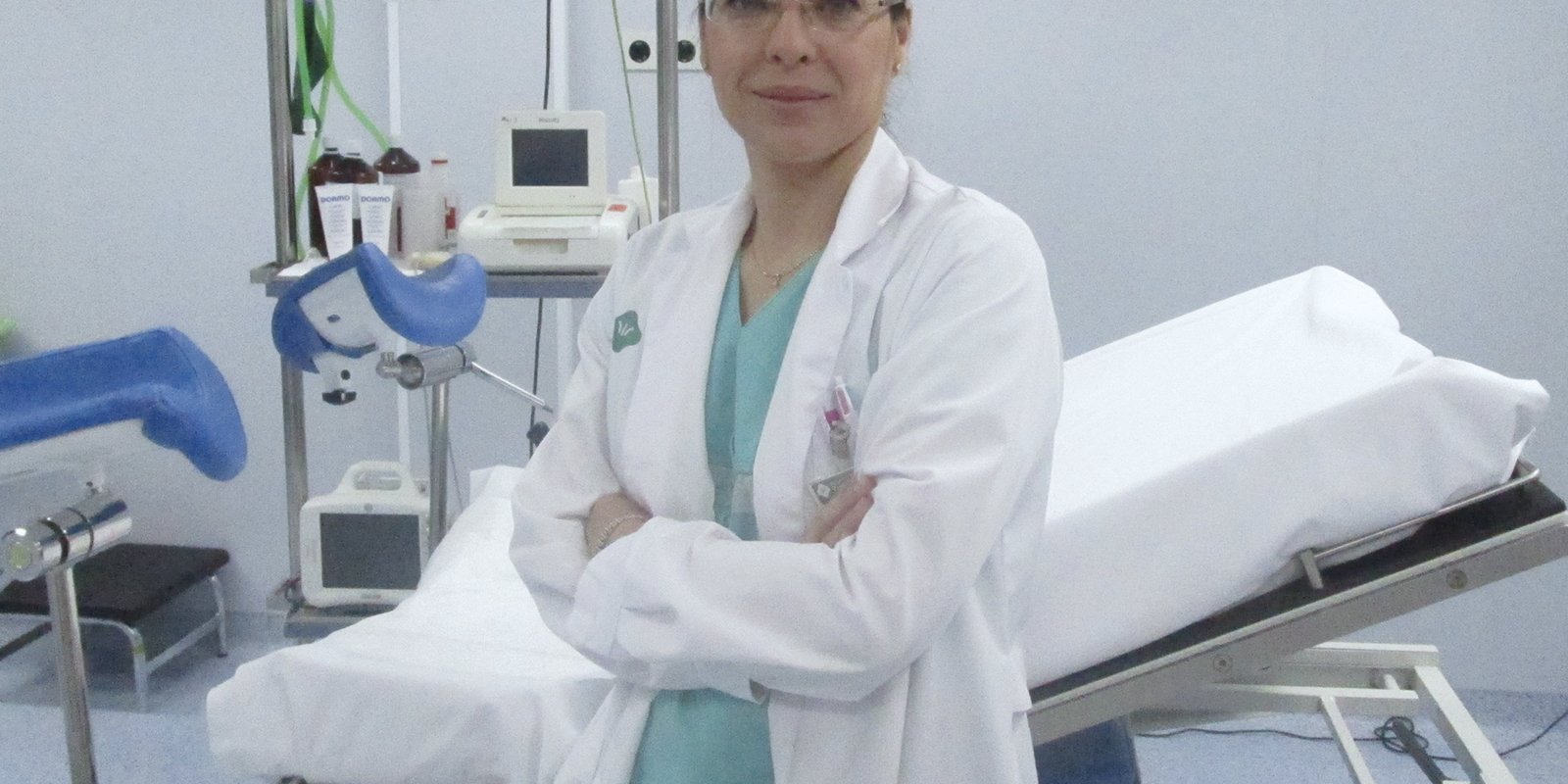DENTAID Oral Health
News for pharmacy professionals
DENTAL SENSITIVITY FOR PHARMACISTS
15 Jan 2013
Dental sensitivity (DS) is the most commonly occurring dental pain. In surveys held in the United States, 67% of dental patients claimed to have had some episode of Dental Sensitivity. However, a survey given to dentists in England showed that DS only triggered 3% of all consultations.
DS is a very common occurrence throughout the population, but patients don’t usually go to the dentist for treatment, but rather prefer to avoid situations that cause it or to self-medicate. The role of pharmacists is essential in order to adapt advice and nutritional recommendations and to suggest the most appropriate product for its treatment, and thus to prevent DS from becoming chronic.
What is Dental Sensitivity?
It is a pain that is felt in a tooth when it is exposed to certain stimuli that are frequently in the mouth and that under normal circumstances would not cause this: cold, hot or very sweet food or drinks, toothbrushing, etc.
The pain is intense, short-lived, very localised in the affected tooth and is only felt when the stimulus that is causing it is present. If this persists or if the affected area is hard to identify, a dentist must be seen, because the cause is most likely not DS.
Why does Dental Sensitivity occur?
In healthy conditions, dentin should never be in contact with the outside, since it is covered by enamel or cementum. But when this protection is gone, the millions of tubules it contains can transmit stimuli that occur in the mouth to the tooth pulp and stimulate its nerve receptors, causing pain. Stimuli that cause pain are transmitted when the dentin is exposed.
Numerous situations cause dentin to become exposed:
• Inadequate toothbrushing and a very abrasive toothpaste and cause enamel and/or cementum abrasion.
• Acidic foods or drinks cause decalcification (erosion) of teeth.
• Excess pressure from chewing (occlusal trauma, bruxism) or poor patient habits (use of toothpicks) can cause wear to the crown (attrition) or to the neck (abfraction).
• Periodontal treatment, especially surgery, can remove part of the gums and cause gingival recession.
• General pathologies or certain professional situations that cause the oral medium to be acidic, such as stomach conditions (ulcers, hiatal hernias, etc), psychological conditions (bulimia, anorexia nerviosa) or work-related conditions (wine tasters, bakers, etc.).
How Can Dental Sensitivity be Treated?
Treatment of DS should be considered on three levels:
PREVENTIVE TREATMENT:
It is essential and without it all of our treatments would fail. Many patients try to cure DS by simply avoiding the stimulus that causes pain, but they retain the causal agent since they are unaware of it and it does not cause them any discomfort. This must be changed by informing the patient so that he is conscious of why DS occurs and so that he can remove acidic foot and drinks from his diet, adjust his brushing technique, use non-abrasive toothpaste and correct poor habits that enhance it. Normally, after applying the above dietary advice, clinical evolution of DS is toward healing, since deposits of calcium salts from saliva begin to close the dentinal tubules and the odontoblasts that have been irritated by the stimuli begin to close the tubular light and end up isolating the pulp from the outside.
AT-HOME TREATMENT:
These products act through two mechanisms:
• By blocking pulpal nerve receptors. Products such as potassium derivatives (nitrate, chloride, citrate, etc.) penetrate through the open dentinal tubules to the pulp. They are the most used active ingredients for DS, and although they are effective, their problem lies in the fact that they have a delayed effect.
• By sealing open dentinal tubules on the surface of teeth. Until now, many products have been applied, such as proarginine, stannous fluoride, phosphosilicate biocrystals, etc. Their main advantage is that they produce fairly quick relief from symptoms, but its effectiveness is limited because the agents that caused the DS such as acid or brushing can eliminate and bring back the disease.
IN-OFFICE TREATMENT:
Products are used for sealing the exposed surface of each sensitive tooth individually. They are products based on composite resins, fluoride varnishes, oxalates, methacrylate solutions, etc. If DS persists even after applying these treatments, an acute impairment of the dental pulp may exist, possibly requiring endodontic or even exodontic treatment.
For more information:
www.sepa.es
www.cuidatusencias.es
RELATED ARTICLES

10 Jul 2019
INMA RIU, THE DIRECTOR OF FARMASCHOOL
A pharmacist, social media manager, consultant, director of Saludability —social networks for pharmacies and pharmacists — and founder of Farmaschool,…

20 Dec 2017
AINHOA LIAÑO RODRÍGUEZ GYNAECOLOGY/OBSTETRICS NURSING SPECIALIST (MIDWIFE)
“BY CARING FOR THEIR GUMS AND THEIR DENTAL HEALTH, PREGNANT WOMEN ARE PROTECTING THEIR BABY’S HEALTH” Ever since childhood, Ainhoa Liaño has witnessed…

01 Jun 2017
LEOPOLDO ABADÍA PROFESSOR, AUTHOR & RENOWNED BLOGGER
Leopoldo Abadía, a former professor at IESE business school, shows his warm engaging nature when he speaks to us about his role as a writer and a…
Sign up for the DENTAID Oral Health newsletter
Sign up for the newsletter